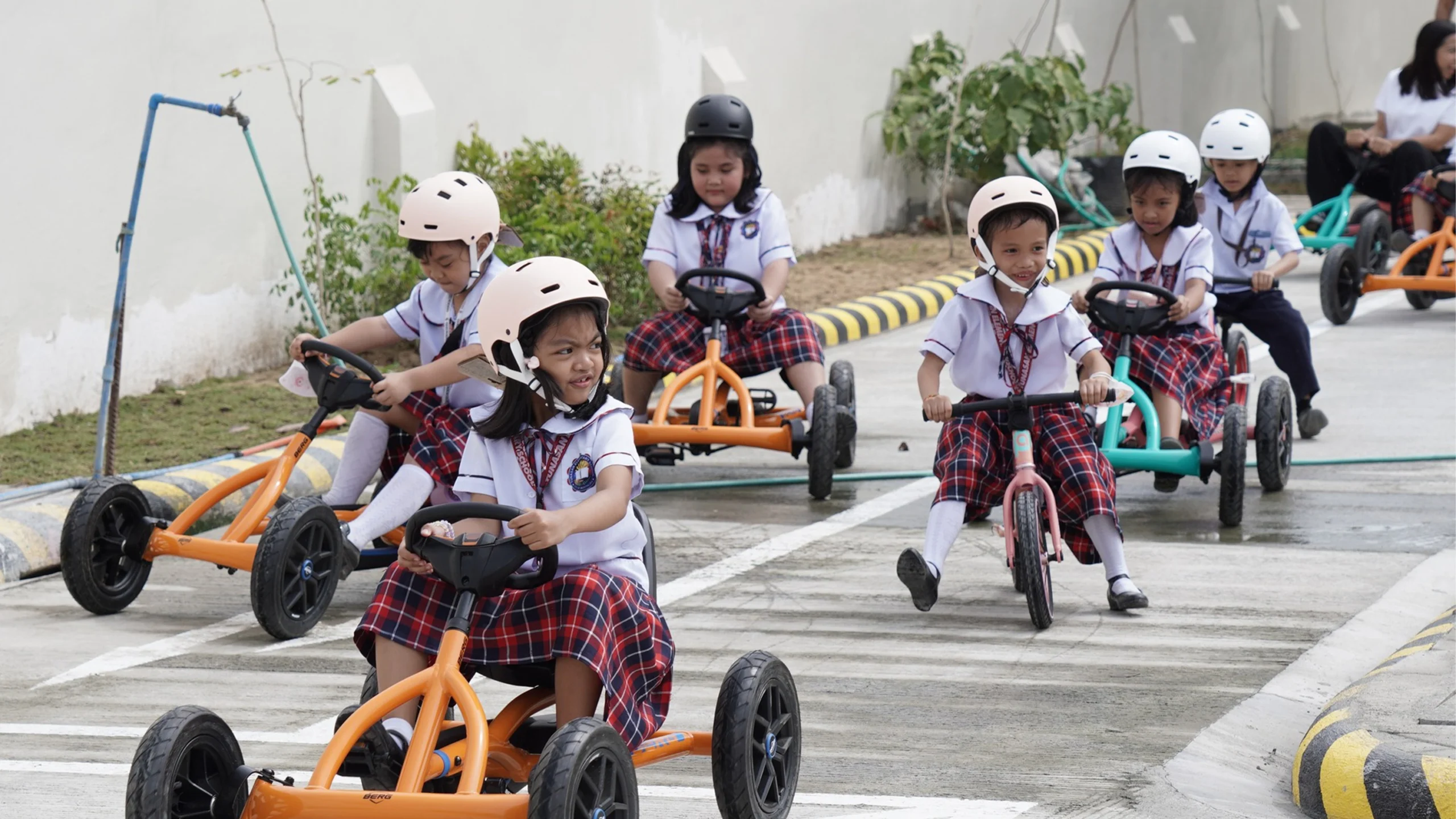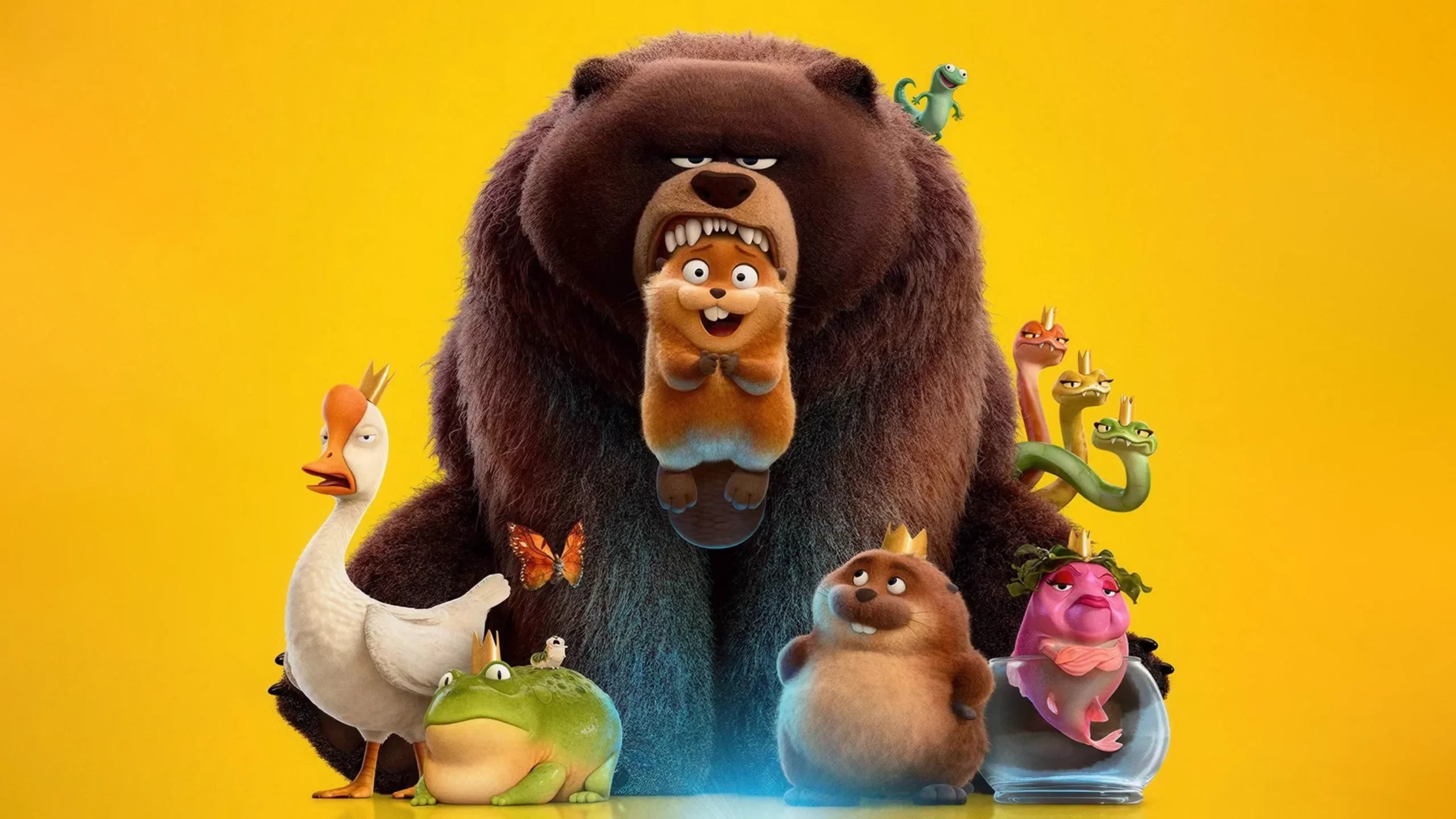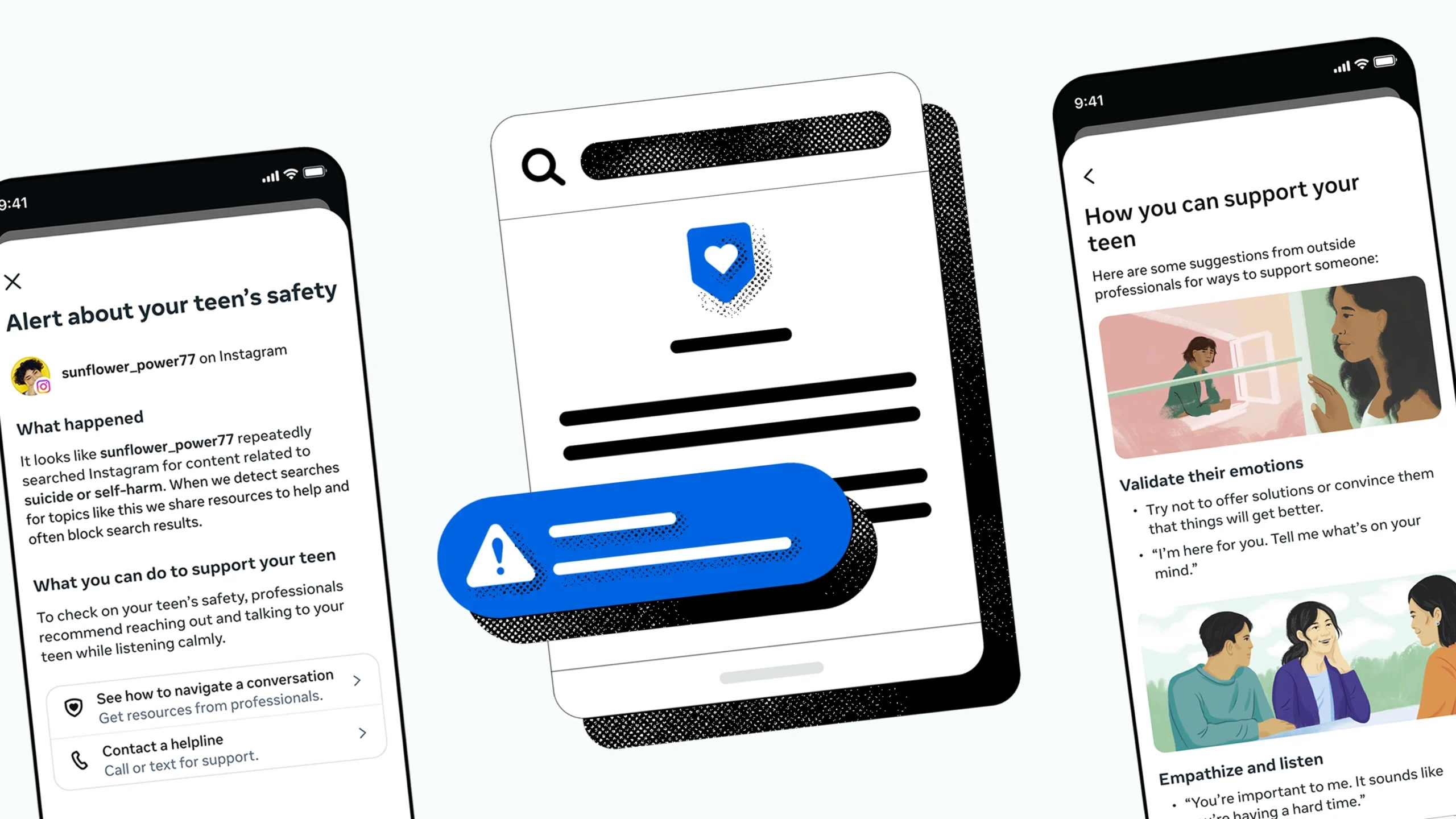Why History Matters: 5 Reasons It’s Crucial for Your Child’s Future
Raising critical thinkers and compassionate citizens starts with teaching the past
The recent reports of corruption in government have sparked widespread frustration, and this time, all sectors are speaking up—families included.
Just like ordinary citizens, celebrities have voiced their concerns. Parents like Dingdong Dantes, Iza Calzado, and Bianca Gonzalez have aired their frustrations over the issue.
On Sunday, September 21, citizens from all walks of life trooped to the streets to say they’ve had enough. Many reminded those in power that their children’s future is at stake.
Beyond simply expressing outrage, moments like these become part of our nation’s history—and history teaches. Here are five reasons you should teach your children the importance of it.

1. It teaches them to be critical thinkers
In the age of social media, kids are constantly bombarded with information—some of it misleading. When they witness current events unfold, they’ll naturally begin to ask questions. Teaching them about what’s happening (and what happened before) encourages them to think critically and look for lessons in the world around them.
In a 2021 interview that resurfaced this month, veteran broadcast journalist Cheche Lazaro spoke to Bianca Gonzalez about why critical thinking matters.
“It can cut both ways—by propagating all kinds of fake news from people inventing stories,” Cheche said. “It can also go the other way, because you have so much information that two things can happen.”
She explained that information overload can either cause people to shut down, or it can force them to think.
“You’re able to sharpen your discernment. You’re able to study and sift through the material to determine who’s pulling our leg, who’s telling the truth, and where the middle ground is… it can’t be all the way to the right or all the way to the left.”
2. It makes them aware of their actions
History shows us that actions—big or small—have consequences. For example, when students learn how their school responded to past issues, like protests against unfair rules, they begin to understand that their voices matter.
Teaching kids about these events empowers them to make thoughtful decisions and realize that their actions can shape outcomes, both in school and in society.
3. It fosters empathy and cultural understanding
When children are exposed to personal stories from the past—especially those told by people who lived through them, they learn empathy, tolerance, and sensitivity.
History also provides a window into the culture of a nation and its people. It helps kids appreciate both the similarities and differences among communities, and introduces them to multiple perspectives. These are lessons that go beyond textbooks—they’re lessons that shape character.
4. It teaches love of country
No history is perfect—but learning it allows the next generation to appreciate the good and strive to change the bad. For Filipino journalist Cheche Lazaro, learning Philippine history is about hoping and believing in the Filipinos’ talent. Whether it’s through sacrifice or the virtue of pakikisama, all efforts stem from the concept of “love of country” — which Cheche admits can sound daunting in some ways.
“[You can love your country] in small ways and big ways. In small ways, by being a citizen who cares. First thing is: please vote. Because this is your chance to make your stand known. What do you stand for?”
She adds that it starts with appreciation—even when the country isn’t perfect.
“If people like you, the young people who have the chance to make a difference in this country, abandon us, saan na tayo?”
5. It inspires them to be better people
History doesn’t just teach; it inspires. When kids learn about individuals who took a stand, made sacrifices, or led change, they begin to see themselves as capable of doing the same.
It motivates them to get involved, be active in their communities, and broaden their worldview. These stories fuel their curiosity and help shape their values.

Bottom line: Don’t Stop Them from Learning
If we want our children to understand the world, we have to let them ask questions. And we have to be ready to answer.
Give them bite-sized truths suited to their age, and never discourage curiosity. Some may be too young now to fully grasp the weight of history—but as they grow, these stories will stay with them. And in time, they will shape the kind of citizens they become.
Frequently Asked Questions (FAQs)
There are so many reasons to teach children about history, but there are many reasons, which include loving their country, and that the past plays a role in the present and future.
One of the best ways is to answer the questions that they ask. Many of them are too young to understand, but if you give them bite-sized information, it can help them digest the things that’s going on around them.
More on History for kids
Why the Film Quezon Could Change How Our Kids See Philippine History
Teach Your Kids Philippine History With These 5 Binge-Worthy Movies
What You Need to Know About Filipino American History Month









